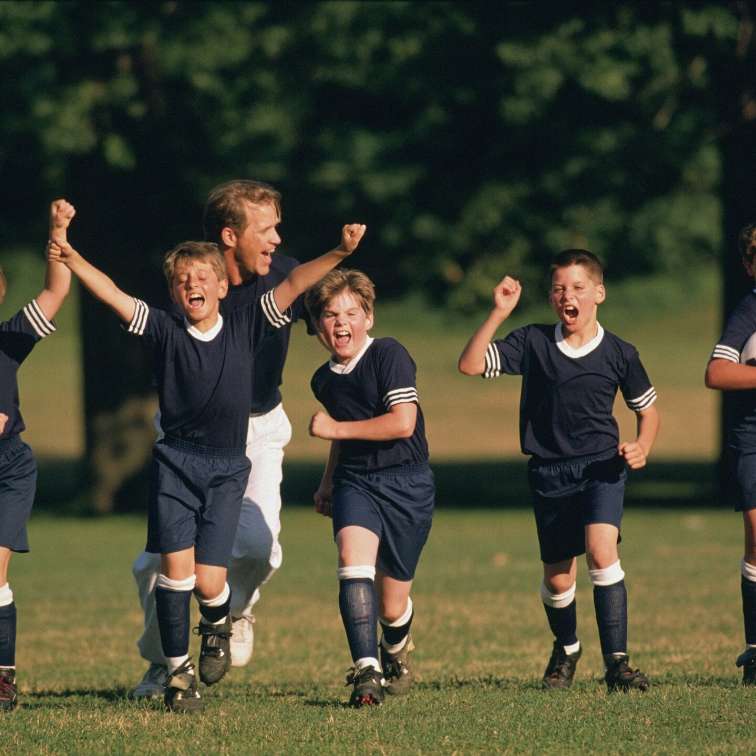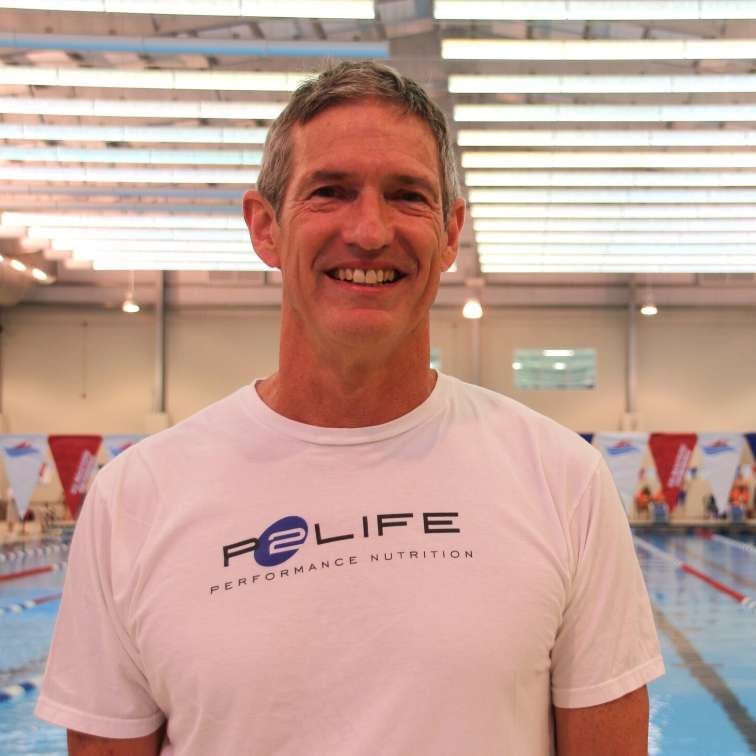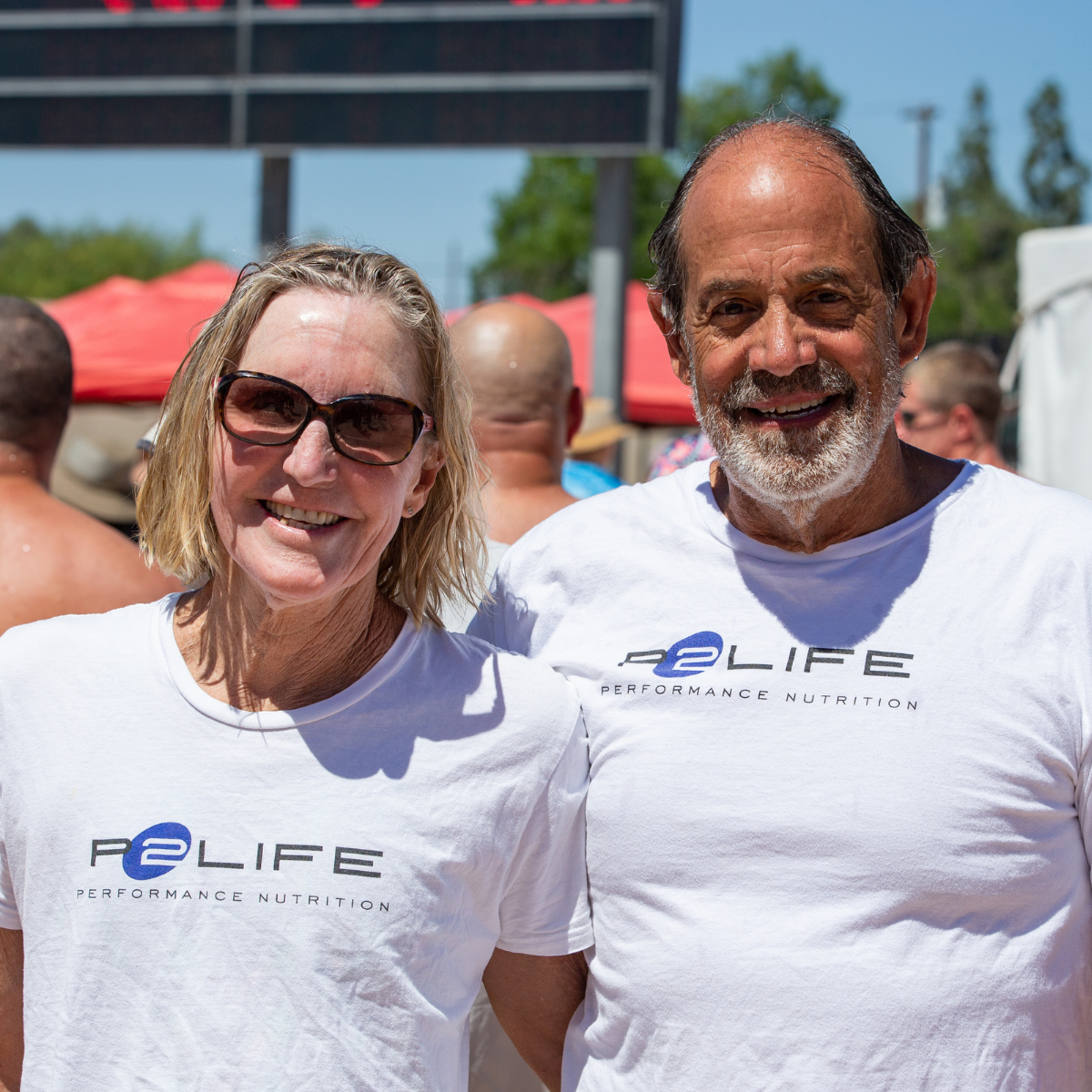
What You Need to Know about Calcium
Part of maintaining a proper swim training routine is paying attention to your nutrition. Eating a well-balanced meal plan with the right minerals and nutrients is critical when the time comes it comes time to compete and perform at your best. Your regular exercise schedule increases the turnover and loss of these minerals and nutrients from the body. As a result, greater intakes of these minerals and nutrients may be required to cover increased needs for building, repair, and maintenance of lean body mass and muscle in athletes.
The most common vitamins and minerals found to be of concern in athletes' diets are calcium and vitamin D, vitamin B complex, iron, zinc, and magnesium. Today we'll focus on calcium since it is one of the most important minerals for swimmers, especially female athletes, to consume on a regular basis.

What does calcium do?
This important nutrient serves several essential functions in the body, including building healthy, strong bones and teeth. But calcium also plays a vital role in muscle contraction and relaxation. Without it, your muscles cannot function properly. Each time a muscle is about to contract, calcium is pumped into the muscle fiber, enabling it to shorten. When the muscle relaxes, calcium is pumped out of the fiber, so it can return to its regular state.
When you are swimming, this physiological process happens over and over when your muscles contract and relax. This is why having enough calcium in your body is critical. Some of the symptoms of a calcium deficiency will cause your muscles to suffer from unexpected twitching, cramps and fatigue, all of which can sabotage your swim performance.
Why is this important?
Obviously, calcium is important for the maintenance of this previously mentioned muscle process, but over the long term, it's even more important for your health. About 99 percent of the calcium in the body is stored in the skeletal system, while the remaining one percent is present in other cells, such as muscle cells. Although this muscle cell calcium is involved in a variety of physiologic processes associated with energy metabolism and the muscle contraction process mentioned above, calcium is usually not considered to possess ergogenic potential because, if necessary, the muscle cells may draw on the vast reserves stored in the bone tissue.
This is where the problems arise. Over time, many athletes don't get enough calcium and so they don't have these "vast reserves" stored in their bone tissue. In the long run, inadequate calcium intake and increased calcium losses continue to deplete these reserves, predisposing you to injuries and osteoporosis. Young female athletes especially are at high risk since they usually have inadequate dietary intake of calcium and exercise may increase calcium losses.
How can I get it in my diet?
Eating and drinking the right foods or supplements will provide you with enough calcium to keep your performance, and recovery, at its peak. It is recommended that active swimmers get about 1200-1500 mg of calcium per day. Including calcium-rich foods, like the ones listed below, is a good way to start getting this important nutrient in your diet.
Our NutriBoost shake also gives you a healthy dose of calcium with each serving having 35% of your daily recommended value if you have it with water, or 45% of your DRV if you drink it with skim milk.
Low-Fat Milk
1 cup: 290 mg
Yogurt
6 oz. container: 258 mg
Calcium Fortified Orange Juice
1 cup: 350 mg
Spinach
100 grams (about ⅓ of a bunch) serving: 99 mg
Almonds
1 cup: 251 mg
Broccoli
1 cup: 43 mg
Figs
1 cup dried: 242 mg
Edamame
1 cup: 98 mg
White Beans
1 cup: 126 mg
Sources:
http://www.medscape.com/viewarticle/717046_8
www.health.com
http://www.stack.com/a/up-your-calcium-intake-to-improve-athletic-performance
http://www.chiro.org/nutrition/FULL/Essential_Nutrients_for_Endurance_Athletes.shtml










Leave a comment
This site is protected by reCAPTCHA and the Google Privacy Policy and Terms of Service apply.